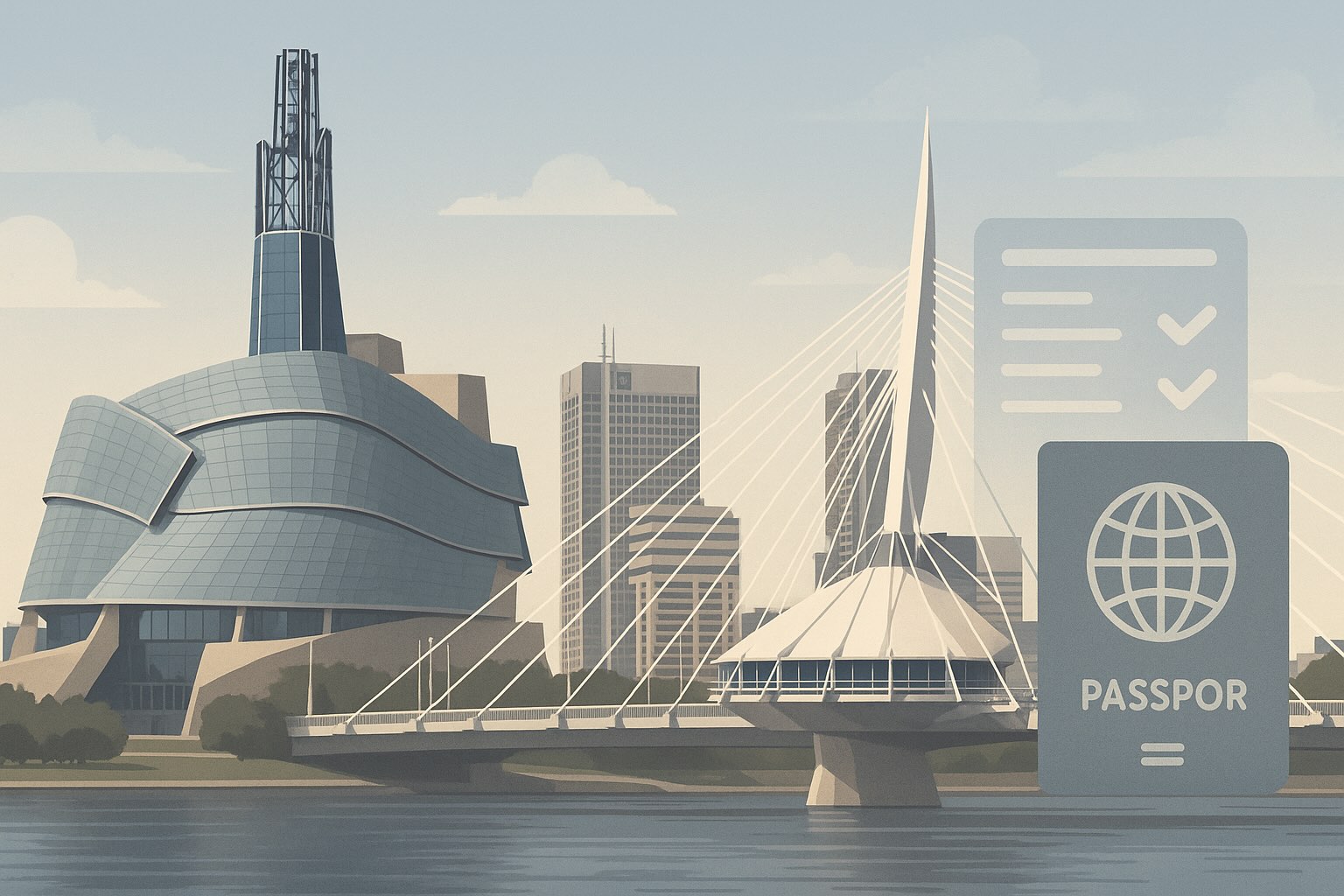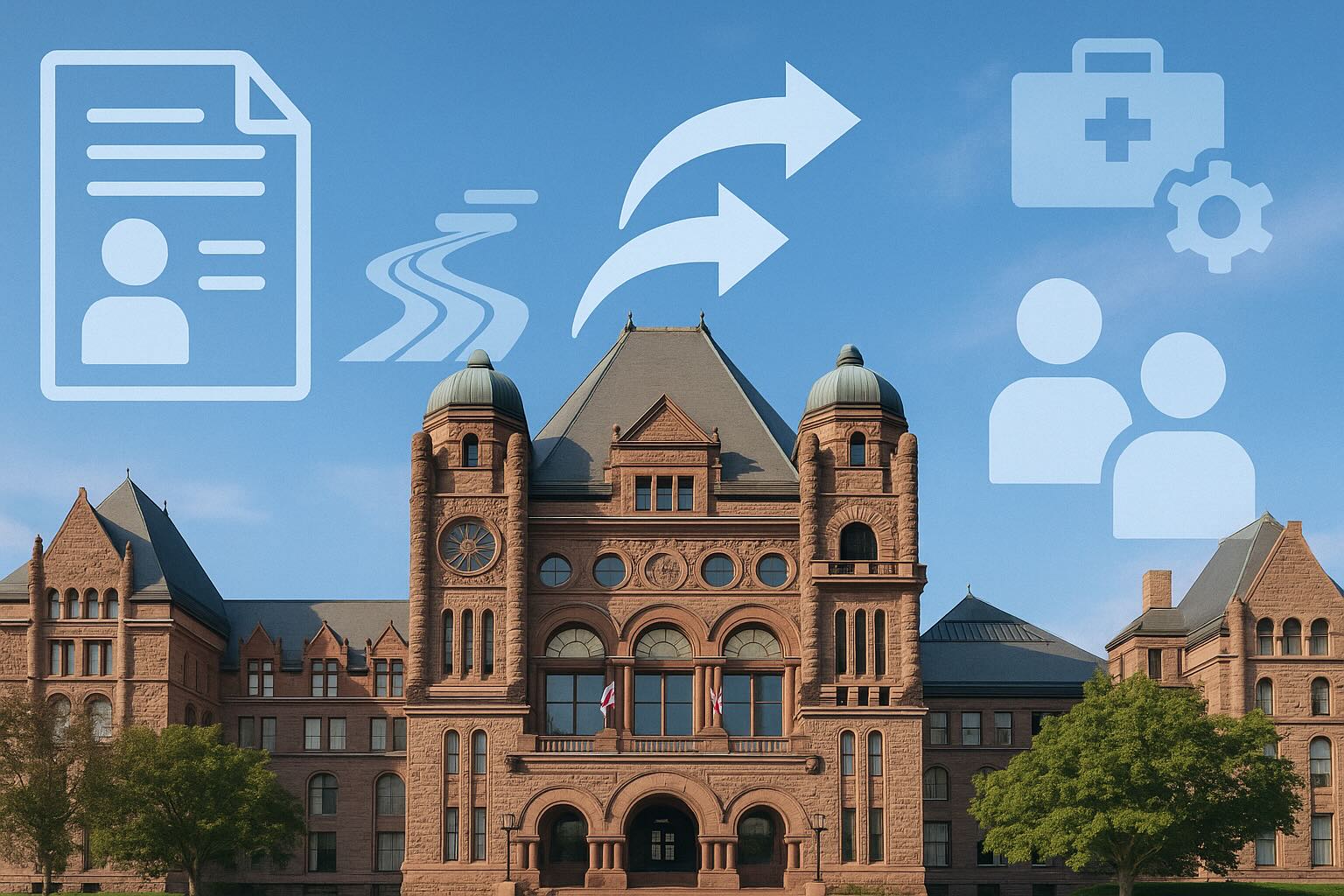Immigration, Refugees and Citizenship Canada (IRCC) updated its operational instructions for officers on May 28, 2025, introducing crucial changes to the "Maintained Status" (formerly "Implied Status") rules for temporary residents applying for an extension of their stay from within Canada. This policy adjustment primarily concerns situations where a temporary resident submits more than one application for extension, particularly impacting their legal status if the initial application is refused.
Firstly, it's essential to understand "Maintained Status." Under Canadian immigration law, when a temporary resident (such as a visitor, student, or worker) applies to extend their status before their current permit expires and chooses to remain in Canada while awaiting a decision, they are considered to have "maintained status." This allows them to legally stay, study, or work under the terms of their original permit until a decision is made on their new application.
Specifics of the Policy Change
The core of the adjustment lies in how "maintained status" is upheld when a temporary resident submits more than one extension application. Here's a comparison of the rules before and after the change:
Previous Rules (Prior to May 28, 2025):
- If the first extension application was approved: The new status and authorizations applied (consistent with new rules).
- If the first extension application was refused/rejected:
- If the second application was submitted before the expiry of the original permit: The applicant's authorized stay and authority to work or study under the original permit were extended until a decision on the second application.
- If the second application was submitted after the expiry of the original permit (but while on maintained status from the first pending application): The applicant's authorized stay was extended, but their authority to work or study was not.
New Rules (Effective May 28, 2025):
- If the first extension application is approved: The new status and authorizations apply (consistent with old rules).
- If the first extension application is refused/rejected:
- If the second application was submitted before the expiry of the original permit: The applicant maintains status during the processing period of the second application (i.e., can continue to work/study under original permit terms).
- Key Change: If the second application was submitted after the expiry of the original permit (but while on maintained status from the first pending application): Once the first application is refused, the applicant will no longer have maintained status based on the pending second application. The second application will be refused, and the applicant will be considered out of status.
Impact on Applicants
This new policy means greater uncertainty and risk for temporary residents who previously relied on submitting a subsequent application (especially one filed after their original permit expired) to maintain their stay in Canada after an initial refusal. If the first application fails and the second application was submitted after the original permit's expiry, the applicant may quickly find themselves without legal status.
In such cases, eligible applicants may need to apply for restoration of status, a process that is typically more complex and has strict time limits (usually within 90 days of losing status).
Other Related Updates
Furthermore, IRCC's instructions to officers have also been updated to remove a section concerning applying for a work or study permit at a port of entry. This change aligns with Canada's previous ban on "flagpoling" and aims to further standardize the in-Canada application process, encouraging applicants to submit applications online or through designated channels.
Conclusion
The recent adjustments to "Maintained Status" rules necessitate increased caution from temporary residents planning their stay and status extensions in Canada. All applicants intending to extend their status from within Canada are strongly advised to thoroughly understand the latest policies, ensure timely submission of high-quality extension applications well before their current status expires, and closely monitor their application's progress. For complex cases, seeking professional advice from an immigration consultant or lawyer is highly recommended to ensure compliance and avoid the severe consequences of losing status due to a misunderstanding of the new rules. Applicants should always refer to the latest official guidance published by IRCC.









